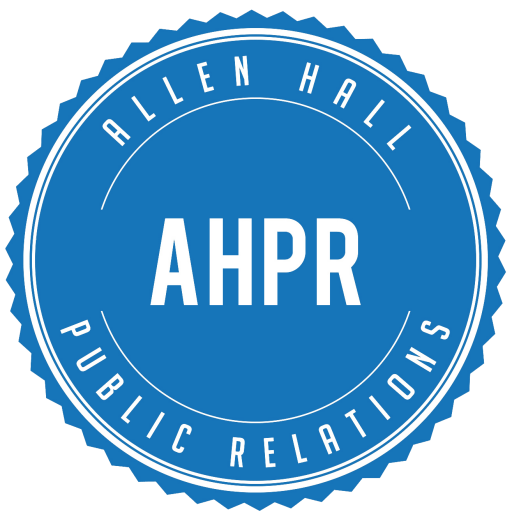Knowing exactly what type of job you are looking for right out of college can be frustrating and stressful. One way to narrow the scope is to reach out to a few companies that interest you, and see if you can conduct an informational interview with one of its employees. In the worst-case scenario, you find out that a particular job or company is not a place you see yourself in the future – and that’s OK, too.
First, let’s start with a clear explanation of what an informational interview is and then we will get into the beefy stuff about why they are so important.
Best said by the UCLA Career Center, an informational interview is, “a highly focused information gathering session with a networking contact designed to help you choose or refine your career path by giving you an ‘insider’ point of view.”
If you are not sure where to find networking contacts to conduct an informational interview, start with LinkedIn. You can search for a specific company and typically employees who work for that company also appear. From the search option, you can narrow it further by job position or department to find someone you think you would benefit most from interviewing.
So why are informational interviews so important?
- An informational interview allows you to say everything you can’t in 500-words or less. As we have all come to realize, applying to jobs has been condensed into how exceptional you can make yourself sound on paper. An informational interview allows a potential employer the opportunity to put a face to a name, interact with your personality and see you in action. If you can show your passion for the industry, ask him/her intelligent questions that show you’ve done your homework and present yourself well. By doing this, you have a hand up on the other people trying to get into the company. Someone in the department will already know your name and think of you next time a position opens up. **Remember, though, this is not a job interview. You signed up for a learning session, not guaranteed a job.
- You have an opportunity to practice your interviewing skills. Similar to a job interview, you should do your homework on the company, its ongoing projects (and past projects) and the individual you are meeting with. Being prepared not only shows that you are passionate about the particular field, but you are also appreciative of this individual’s time. Additionally, having a vast background of the company and employee you are interviewing will allow you to have intelligent follow-up questions during your conversation. One of my favorite professors once told me, “You should already know 70 percent of the answers to your questions, before you even ask them, due to your previous research.” In other words, you better have done your homework enough to the point where you know most of the answers to your own questions. Being prepared demonstrates confidence and true character.
- You network yourself. If you show genuine interest, do your homework and present yourself well during an informational interview. There is a great chance the person you interviewed will like you. Everyone has experienced the daunting job search after college and can relate to where you are right now. They have been there and most likely will want to help you get past it. If you made an impression with the individual you sat down with, more likely than not, next time a position opens up that fits your credentials, he/she is going to think of you. It may be in the particular company the interview was about or a similar one where he/she knows people.
- Lastly, and most importantly, you have the opportunity to gain a new mentor. Mentors are rare to come by, but conducting an informational interview with the right person, who sees potential in you can be priceless. Bets are you are not going to know everything about an industry when you start out. You are going to need some guidance. Having someone on the inside, specifically if you are applying for a position at a particular company, allows you the opportunity to get the inside scoop on upcoming positions.
Here are some questions you may think about asking in your next informational interview:
- Could you describe one of your typical workdays for me?
- What skills are required in your position on a day-to-day basis?
- What do you find most challenging about your job? Most rewarding?
- What steps did you take to land your job at ____?
- What advice would you give someone who is looking for an entry-level job in this industry?
- Do you have any recommendations of specific blogs or reading material I should read to keep up-to-date in the industry?
- What seasons of the year are the toughest in your job? Why?
Jessica Hales is an account executive on the Interviewing: The Oregon Method team. She is a senior at the University of Oregon and will be graduating with a Bachelor’s degree in public relations this June. Born and raised in the Portland Metro area, Jessica hopes to return to Portland and pursue a job at a local news station. Follow her on Twitter at @jessihales or LinkedIn

